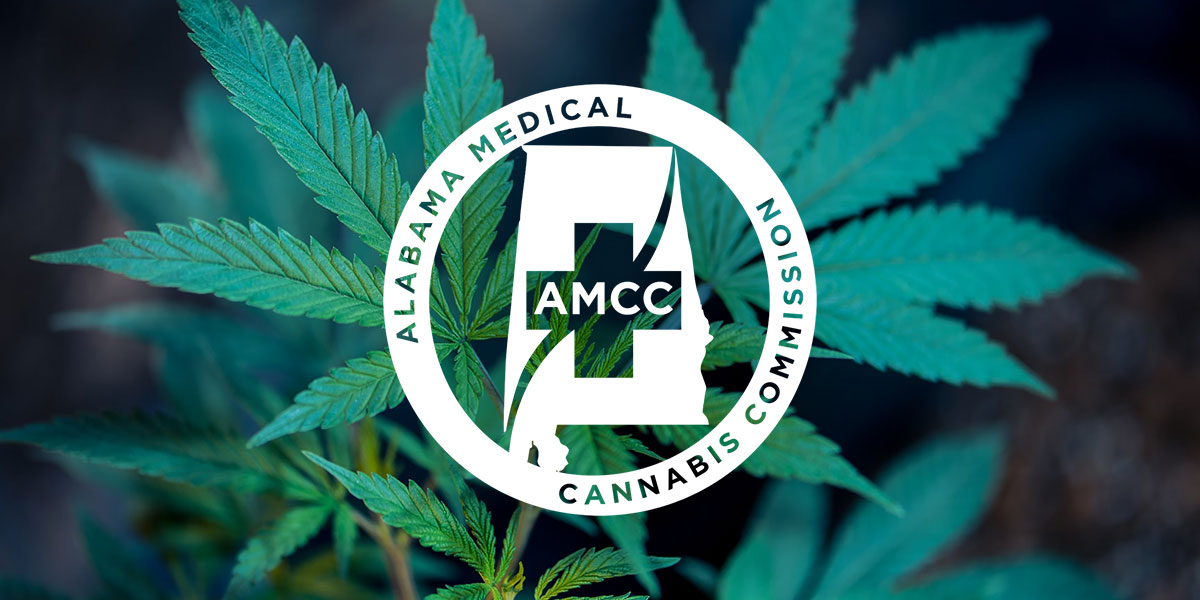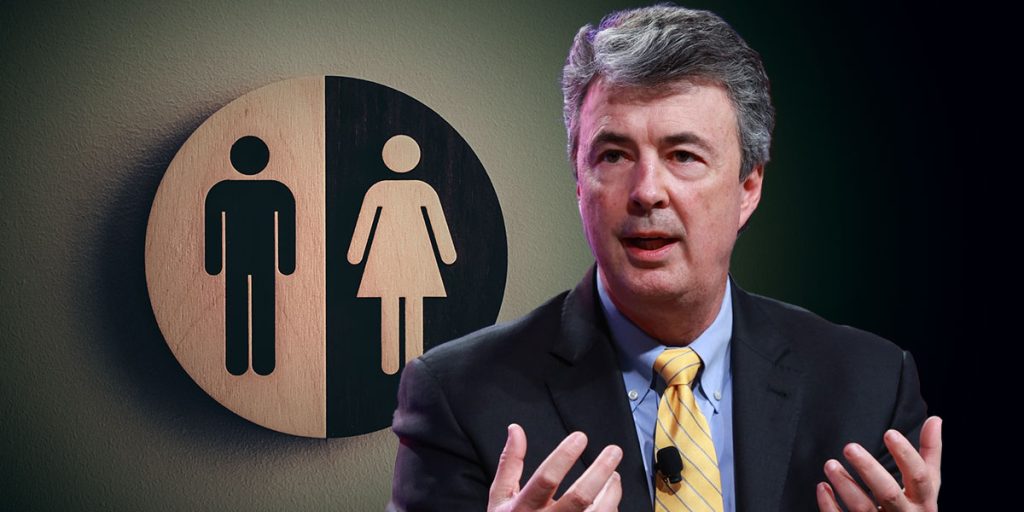A new bill aimed at overhauling Alabama’s troubled medical cannabis licensing process is facing fierce opposition from industry stakeholders, legal experts, and patient advocates.
SB72, introduced by State Sen. Tim Melson (R-Florence), seeks to increase the number of medical cannabis facility licenses and alter how they are awarded. However, critics argue that the bill would further complicate an already delayed process, create new legal battles, and strip oversight from the courts.
RELATED: Judge appoints mediator to break deadlock in Alabama’s medical cannabis licensing war
If passed, SB72 would make several significant changes to how the Alabama Medical Cannabis Commission (AMCC) issues licenses. The bill proposes to:
- Expand Licensing – The number of integrated facility licenses, which allow companies to cultivate, process, and dispense medical cannabis, would increase from five to seven.
- Eliminate Investigatory Hearings – The AMCC would no longer be required to hold hearings for applicants who were denied a license.
- Make Licensing Decisions Final – The granting or denial of a license would be considered final and conclusive, with any court-ordered interference immediately appealable to the Alabama Supreme Court.
- Outsource Selection to a Consultant – A consultant, rather than the AMCC, would choose which companies receive licenses from the pool of applicants who previously applied before December 31, 2022.
- Limit Legal Challenges – The consultant’s selection would be considered a final decision, effectively preventing any legal challenge or judicial review of the licensing process.
Despite Melson’s insistence that the bill aims to break the gridlock and provide relief to patients, opponents argue that SB72 is flawed and potentially unconstitutional.
“This may appear to be a reasonable action on the surface,” said Amanda Taylor, a speaker at Wednesday’s public hearing. “In reality, it is a move that will create further delays, more litigation, and more suffering for Alabama patients who have already waited too long.”
RELATED: Appeals court clears path for lawsuit against Alabama Medical Cannabis Commission
Legal experts like attorney Whitt Steineker have also raised red flags, stating that preventing courts from reviewing licensing decisions could violate fundamental legal principles.
“While limiting litigation is understandable, an outright ban on judicial review is not legally permissible,” wrote Steineker in a legal analysis of the bill.
Another major concern is accountability. Under SB72, the AMCC would no longer make final decisions on licenses. Instead, a private consultant would be responsible for selecting winners—without any requirement for transparency or oversight. Critics argue that this shift could lead to unfair selections and a lack of public trust in the process.
Alabama lawmakers approved medical cannabis in 2021, but patients have yet to access it due to repeated legal challenges. The AMCC has attempted to issue licenses three times, but each effort has been met with lawsuits from denied applicants who claim the selection process was unfair. The ongoing court battles have effectively stalled the program, leaving patients without legal access to medical marijuana.
While the bill has some legislative support, its future remains uncertain. Some experts believe it has little chance of becoming law in its current form, as the Alabama Legislature may be reluctant to revisit cannabis regulations again. Additionally, well-funded industry players who feel disadvantaged by the proposal are expected to lobby against it.
For now, SB72 remains in committee, with no vote taken at Wednesday’s hearing. Lawmakers will continue debating the bill in the coming weeks, but with fierce opposition and legal concerns mounting, Alabama’s medical cannabis rollout may remain stuck in limbo.
Sherri Blevins is a writer for Mountain Valley News and a staff writer for Yellowhammer News. You may contact her at [email protected].













